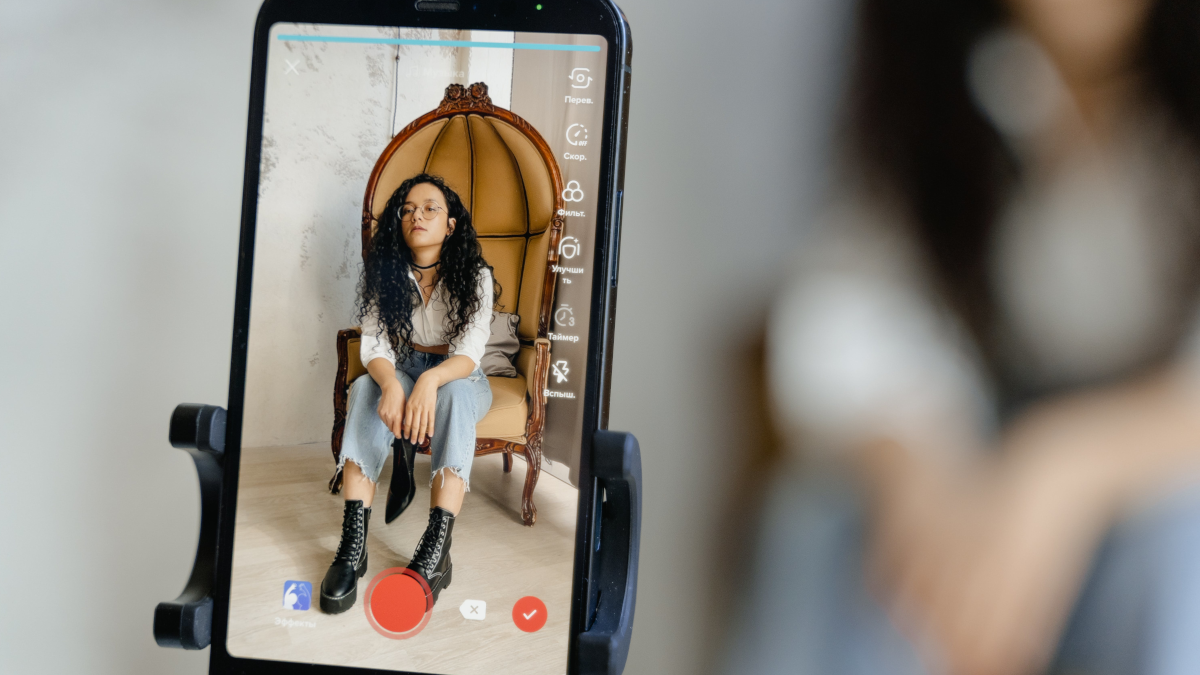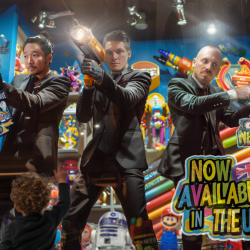In the age of social media, the communication gap between celebrities (see also politicians or brands) and the audience is closing. In pursuit of ‘authenticity’, we see more, ask more and expect more. Those who deliver will thrive, and those who try to remain aloof risk losing control of their narrative.
TikTok has accelerated this phenomenon. Its first audience was teens who brought their Gen Z values of inclusivity, tolerance and equity to the community they formed there. This resulted in a subtle but persuasive shift in the tone and tone-policing on TikTok, and creators who’d been successful for abrasive or provocative content elsewhere had to profoundly change their content to get traction on TikTok. Self-moderation became as much a part of TikTok culture as authenticity.
We are in a moment of peak accountability
It’s not enough to apologise; the apology must be authentic, and as such must pass the scrutiny of the court of social opinion. It was once possible to post an apology statement, let the dust settle and move on. The audience was sated by swift acknowledgement of error, a plain apology and a statement of reparative action. Negative sentiment had a relatively small footprint.
TikTok’s green-screen filter functionality changed that, allowing creators to record their own commentary over the top of a video, meaning social media audiences began being educated in media literacy and critical thinking. This means apology content remains in the public eye for longer, travels further and faster and every detail can be dissected and discussed — in some cases, resulting in public shaming and a compounding of the initial negative sentiment.
Influencers — and celebrities in partnerships with brands — who slip up need to understand and prepare for the social sleuths, the self-appointed arbiters of authenticity, who have honed skills and dedicated time to analyse every last aspect of the statement.
Too scripted is inauthentic, too off-the-cuff comes across as acting. Both are offensive
Even a backdrop carries a risk — earlier this year an apology video from Ashton Kutcher and Mila Kunis led to drone imagery identifying the wall behind them as being at their large and glamorous home, adding to the angry commentary around the film.
It’s useful to look at how smaller creators and influencers have learned to navigate the social media crawl-back. The stakes are high for people whose careers are built on their social following: most have no media training or PR support and their learning curve has been steep.
The first and most basic ingredient is a clear and unconditional statement of fault, often accompanied by an acknowledgement of the conversation and criticism levelled at them, and even a word of thanks for the enlightenment this criticism has brought. Anything that reads as defensive or self-congratulatory is an own goal. Instead it is better to make a declaration of how the situation will immediately change their perspective, platform and actions.
We must keep the TikTok Poirots in mind and think of them as our first audience. In this way, we can best hope to mitigate against a social-fuelled public flogging.
Featured image: MART PRODUCTION / Pexels


























